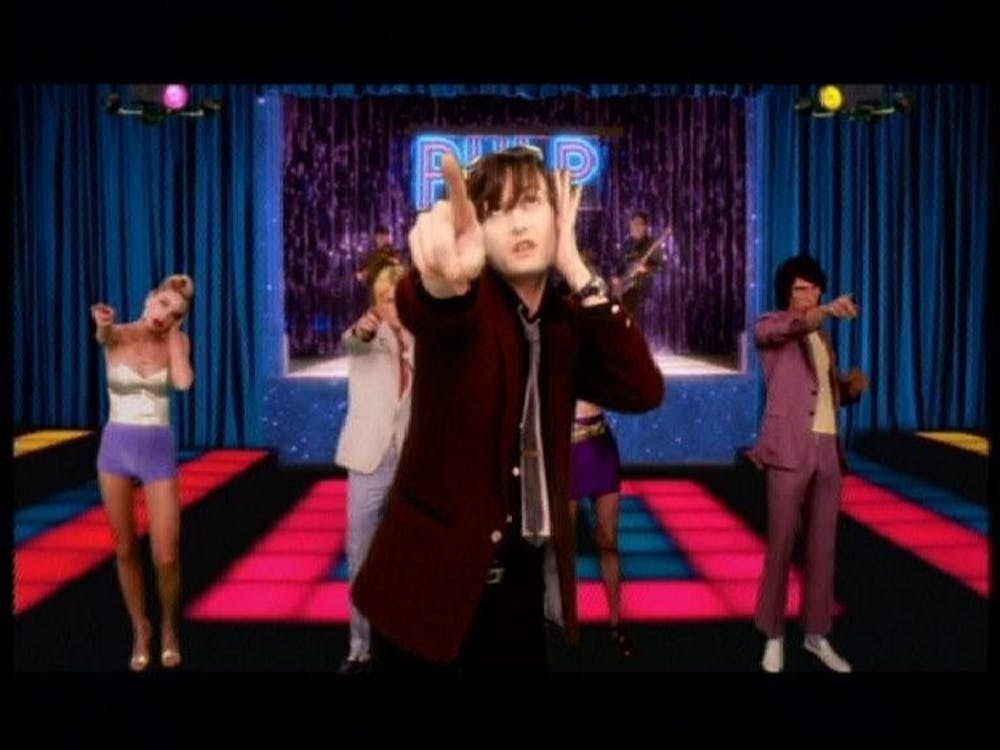It feels a bit strange to be writing about Pulp’s “Common People” for a column built around the premise of uncovering music that too few people have heard.
After all, the single rocketed to No. 2 and came from an album (the 1995 masterpiece “Different Class”) that went quadruple platinum and spent time at No. 1 on the albums chart. Well, in England, anyway.
In America, “Different Class” hasn’t even gone silver and never so much as sniffed the Billboard 200. “Common People” is probably best known for the cover version Ben Folds and William Shatner semi-seriously recorded together in 2004. The song has only recently begun to penetrate the national consciousness through its retroactively favorable critical reputation, best demonstrated by Pitchfork naming it the second-best song of the 1990s in a piece last September.
Impressing the critics is a step in the right direction, but it isn’t nearly enough. There’s something extraordinarily universal about “Common People” that continues to elude Americans. We’ve opted instead to encapsulate the Britpop era with the dull sentimentality of Oasis’ “Wonderwall,” a before-their-prime Radiohead’s pseudo-grunge anthem “Creep” and the vague understanding the dude from Gorillaz used to sing for Blur.
To be fair, “Common People” is pretty damn English. Its lyrics tell the story of a Greek elite who comes to London’s St. Martin’s College to study sculpture, meets our protagonist and insists that he could teach her how to “live like common people.” What follows is a vicious indictment of this kind of class tourism and a snapshot of the stubborn pride that comes with being raised in the working class.
The English class system is more rigid and comes with more baggage than America’s, so it’s perhaps unsurprising that these lyrics didn’t spell a hit for Pulp in the U.S.
There’s also the matter of lead singer Jarvis Cocker’s linguistic idiosyncrasies. While he’s undeniably one of Britpop’s best and most charismatic front men, Cocker’s lyrics have never shied away from unabashedly English turns of phrase, and his trademark baritone delivery does nothing to mask his Sheffield accent.
The song’s chorus alone contains references to apartments as “flats” and cigarettes as “fags,” the latter of which was probably enough to keep it off some American radio stations.
Despite all that, “Common People” deserves far more attention from American listeners than it gets.
First and foremost, the music is brilliant.
Bass, guitar and synthesizer trade variations on a simple, catchy theme that continues to shapeshift and expand throughout the anthem’s duration. The melodies vary in intensity with Cocker’s voice, which opens the song with a whisper and ends its last chorus with a howl, all directed at the slumming Grecian whose dad could pull her from her roach-infested apartment when the protagonist’s most certainly could not.
The denouement is just as perfect. After the dust has cleared from Pulp’s tirade, the melodies resolve, the first bridge is revisited and some semblance of closure is attained.
It’s a singularly triumphant moment in a song full of them, a perfect final act for the greatest six-minute opera ever composed.
Most importantly, at the end of the song, the common people prevail. It’s difficult to imagine something more American in today’s political environment. We romanticize the little guy and bury the elitist. Every presidential candidate paints himself as the narrator of “Common People,” and none wants to be outed as its villain.
In spite of its British class system implications, Cocker’s lyric is a universal one.
We all “dance and drink and screw because there’s nothing else to do,” and if we don’t, we say we do. Pulp got that — got us — and we as Americans didn’t validate it.
It’s time we fixed that.
You'll never live like common people

Get stories like this in your inbox
Subscribe





